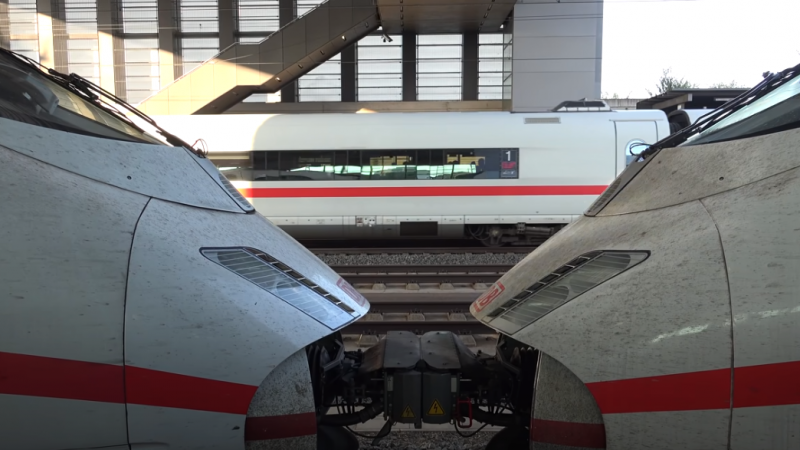The cost of rail travel in the UK is among the highest in Europe.

The cost of rail travel in the UK is among the highest in Europe, especially for single travel tickets booked on the same day. A study by the TUC in 2019 found that rail fares in Britain had risen by 46 percent over the last 10 years while nominal weekly earnings increased by only 23 percent.
Across Europe, a new way to pay for train travel is becoming increasingly available, allowing passengers to pay a subscription basis through a monthly account. This is notably different to the UK, where the rail fare system has been described by Greenpeace as ‘overly complex.’
In 2021, Austria took the lead by introducing a subscription-based “climate card,” designed to promote more energy-efficient travel. Germany soon followed suit, with France, Portugal, and Hungary also adopting similar systems. With a price set at €49/month, climate cards have led to significant increases in rail use.
The subscription-based model has been particularly successful, with Germany’s €49-per-month climate card driving a 28 percent increase in rail usage. Portugal has gone even further, offering a €20 monthly pass for unlimited travel on all national train services. Known as the “Green Rail Pass,” this initiative is intended to make public transport more accessible and environmentally friendly. At less than half the cost of last year’s €49 pass, it’s a major step towards affordable, eco-conscious travel. Portugal’s prime minister, Luís Montenegro, praised the initiative, saying: “This is an investment in people, it is an investment in the environment, it is an investment in the future.”
These cost-saving measures across Europe stand in stark contrast to the steep fares in the UK. British rail fares have continued to rise, making train travel more expensive than flying. An ‘anytime return’ ticket from Manchester to London, for example, can cost as much as £369, much higher than many plane fares.
To push Britain towards more affordable public transport, Greenpeace has launched its ‘Fare Britannia’ report, calling for a new approach to rail ticketing in the UK. The report advocates for the introduction of a flat-fee “climate card,” allowing nationwide rail travel for a simple monthly subscription. It proposes setting the price at £49 per month, with additional top-up fees for long-distance and London routes due to higher demand.
The report outlines both the economic and environmental benefits of Fare Britannia. It argues that the scheme would particularly benefit the English regions and devolved nations, assuming that Scotland and Wales choose to participate.
“It will help people access jobs and allow businesses to expand their employee catchments. It will encourage domestic and inward tourism, especially to less visited parts of the country,” states the report.
Greenpeace is urging for a regional version of Fare Britannia to be implemented within the next two to three years, followed by a nationwide rollout.
Left Foot Forward doesn't have the backing of big business or billionaires. We rely on the kind and generous support of ordinary people like you.
You can support hard-hitting journalism that holds the right to account, provides a forum for debate among progressives, and covers the stories the rest of the media ignore. Donate today.



